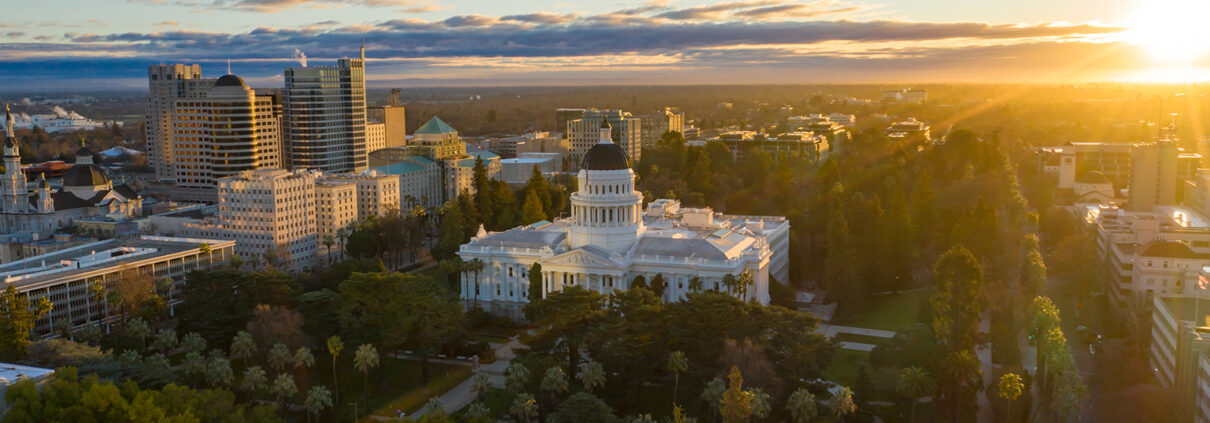In early 2021, after 20 years of providing science advice to executive branch state agencies, Ocean Science Trust expanded to deliver science services to lawmakers in the Legislature. As OST staff leading the launch of this program alongside my coworkers, it’s been a thrilling year of meeting with representatives and their staff, deciphering the legislative process (spoiler: it is not always straightforward), following bills (offshore wind, plastic pollution and nature-based solutions were hot topics), and working with scientific experts to distill the latest research into digestible advice.
In the first year of this effort, OST has provided formal expert briefings, facilitated conservations with scientific experts, and offered individualized responses to representatives and their staff questions on a wide range of ocean and coastal topics including oil & gas decommissioning, kelp loss, and blue carbon (see here for more first year highlights). We’ve also been thrilled by the response from partners and funders, who immediately grasp the value of this program and OST’s unique position to carry it forward.




